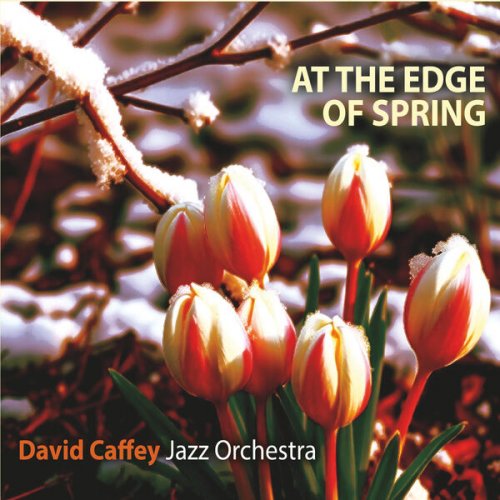Susan Gritton, Collegium Musicum 90, Richard Hickox - Hummel: Mass in D minor, Salve Regina (2005)
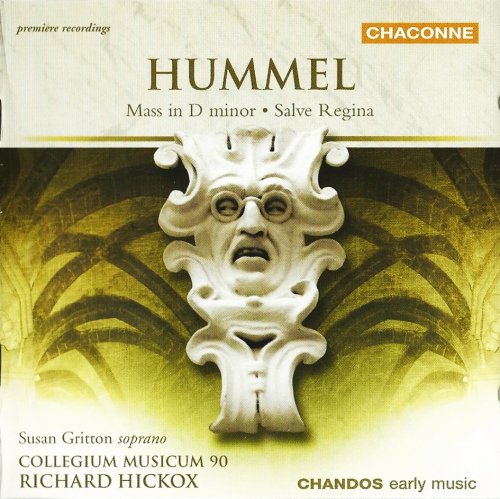
Artist: Susan Gritton, Collegium Musicum 90, Richard Hickox
Title: Hummel: Mass in D minor, Salve Regina
Year Of Release: 2005
Label: Chaconne
Genre: Classical
Quality: FLAC (image+.cue,log,scans)
Total Time: 56:59
Total Size: 301 Mb
WebSite: Album Preview
Tracklist: Title: Hummel: Mass in D minor, Salve Regina
Year Of Release: 2005
Label: Chaconne
Genre: Classical
Quality: FLAC (image+.cue,log,scans)
Total Time: 56:59
Total Size: 301 Mb
WebSite: Album Preview
Mass In D Minor (46:06)
1. I Kyrie 10:02
2. II Gloria. 'Gloria In Excelsis Deo'- 3:06
3. 'Qui Tollis Peccata Mundi'- 1:52
4. 'Cum Sancto Spiritu' 3:48
5. III Credo. 'Credo In Unum Deum'- 3:37
6. 'Et Incarnatus Est'- 4:21
7. 'Et Resurrexit'- 3:42
8. 'Et Exspecto' 1:39
9. IV Sanctus 2:36
10. V Benedictus 4:52
11. VI Agnus Dei. 'Agnus Dei, Qui Tollis Peccata Mundi' 2:42
12. 'Dona Nobis Pacem' 3:43
13. Salve Regina In B Flat Major 4:23
Performers:
Susan Gritton - soprano
Pamela Helen Stephen - mezzo-soprano
Mark Padmore - tenor
Stephen Varcoe - baritone
Collegium Musicum 90 [on period instruments]
Richard Hickox – conductor
Hummel's choral music, like that of his rival Beethoven, lies pretty far down the list of his compositions in terms of overall renown. But some of it originated in a very famous spot: Hummel succeeded Haydn as a composer of large-scale choral works for the use of the noble Esterházy family at its vast palace. The Mass in D minor heard on this album was composed in 1805, when the "Lord Nelson" mass in the same key by Haydn would still have been very much in the air and ears at Esterháza. Faced with the unenviable task of trying to top it, Hummel turned not to Haydn as a model but, as liner-note writer David Wyn Jones points out, to Mozart: the Piano Concerto No. 20 in D minor provides Hummel's mass with its tense general mood, its flexible shifts between the soloists and the larger group, and its flashes of lyrical light. As with most of Hummel's works, stretches of conventional music are broken up by arresting ideas. Although the mass is a work heavily bound to tradition, it has fresh passages that hold the listener's attention all the way through. The Credo, normally a composer's toughest challenge with its lengthy recitations of belief, is treated quite inventively by Hummel: the central Incarnatus and Crucifixus texts are repeated, as if to suggest the multiple viewpoints of an awestruck crowd, and the concluding "Et vitam venturi saeculi" evokes eternal life with a dancelike repetition figure unlike anything in the music of Hummel's more famous contemporaries. This is something of a period-instrument performance despite the 1805 date; instruments dating from around 1800 are used. The singers of the Collegium Musicum 90 under Richard Hickox deliver a splendid performance, never losing momentum in Hummel's massive 10-minute Kyrie, and the four soloists react alertly to the composer's fairly intricate integration of solo and chorus. This isn't the Beethoven Missa Solemnis, but anyone curious about the wider Viennese and Austrian scenes may find it of interest. The small Salve Regina that closes the disc offers attractive vocal writing.
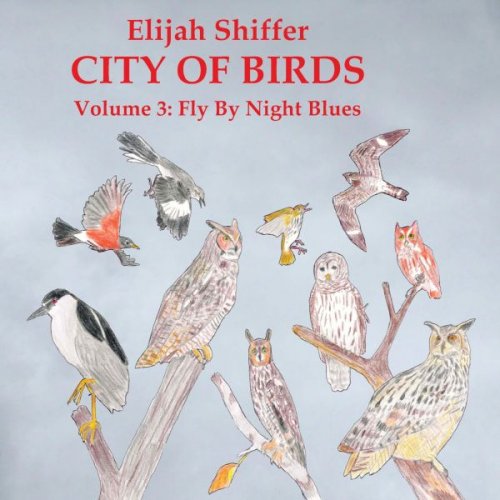
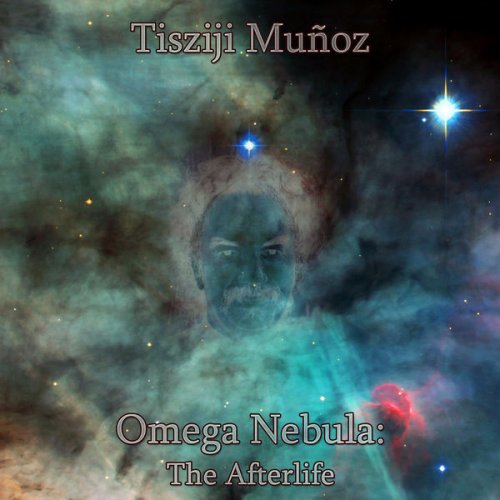
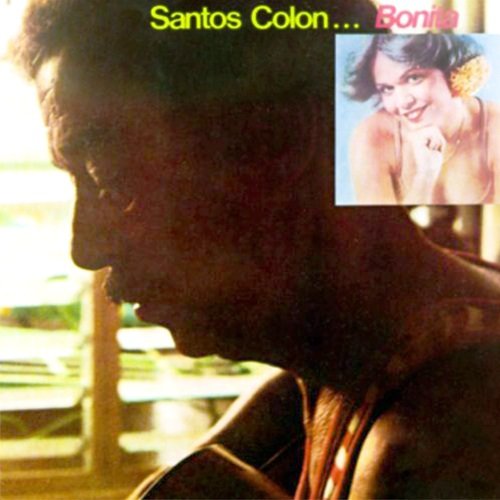
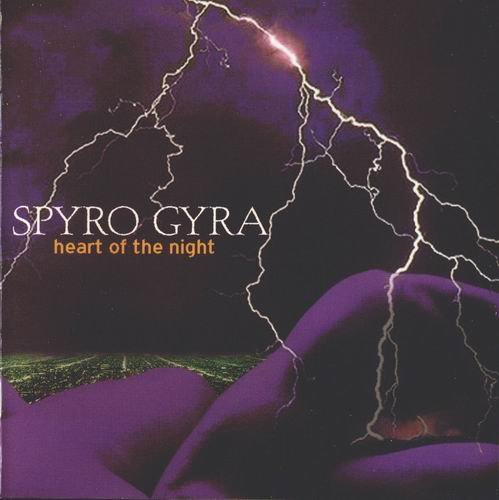
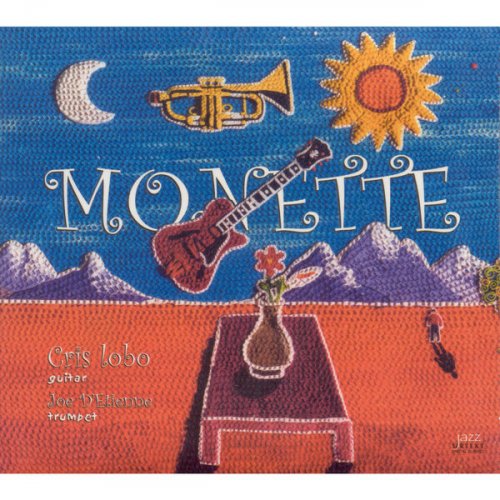
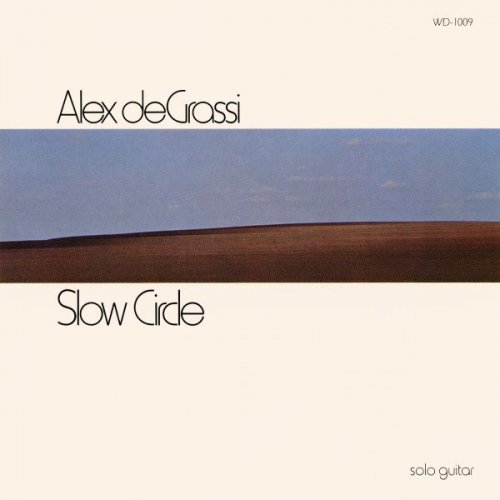
![Daniel Charles Hunt - Inside Passages (2016) [Hi-Res] Daniel Charles Hunt - Inside Passages (2016) [Hi-Res]](https://img.israbox.com/img/2025-12/31/ob0txzlhdydrwm0a1bjrghxmi.jpg)

